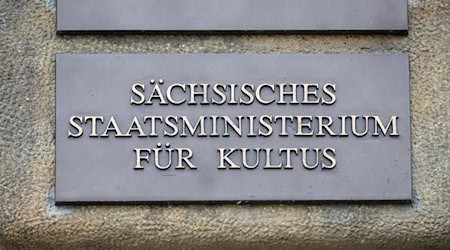The planned statutory educational leave in Saxony is not only met with approval. After the municipal umbrella organizations, the Crafts Association and the Employers' Association have already expressed their disapproval, the FDP has also joined in the criticism. "Further training is important. But it needs freedom, no additional bureaucracy and no state coercion," emphasized Ulrike Harzer, Vice Chairwoman of the FDP in Saxony. The plan would place an additional burden on local authorities and SMEs, create bureaucracy and further exacerbate existing shortages of skilled workers.
FDP sees local authorities and SMEs burdened by educational leave
"Continuing education thrives on personal responsibility and entrepreneurial initiative, not on rigid compulsory models that fail to meet demand. A statutory entitlement to educational leave would primarily affect small businesses, administrations and daycare centers. In the end, it would be the citizens who would suffer," explained the FDP politician. Saxony is already very well positioned in terms of continuing education. At 61 percent, the continuing education rate without statutory educational leave is well above the national average. Many companies voluntarily offer their employees further training, often even with paid leave.
Draft law was recently introduced to the state parliament
A draft law for educational leave was recently introduced to the state parliament as a popular motion. It aims to guarantee that employees receive five days of paid leave per year for further education. An alliance of trade unions, political parties and church, independent and social organizations had collected more than 55,000 signatures for this. In the meantime, the CDU and SPD government coalition has agreed on three days of educational leave. This is now seen as a possible compromise.
There is already a legal entitlement to educational leave in 14 federal states. Only Bavaria and Saxony make an exception so far.
Copyright 2025, dpa (www.dpa.de). All rights reserved










